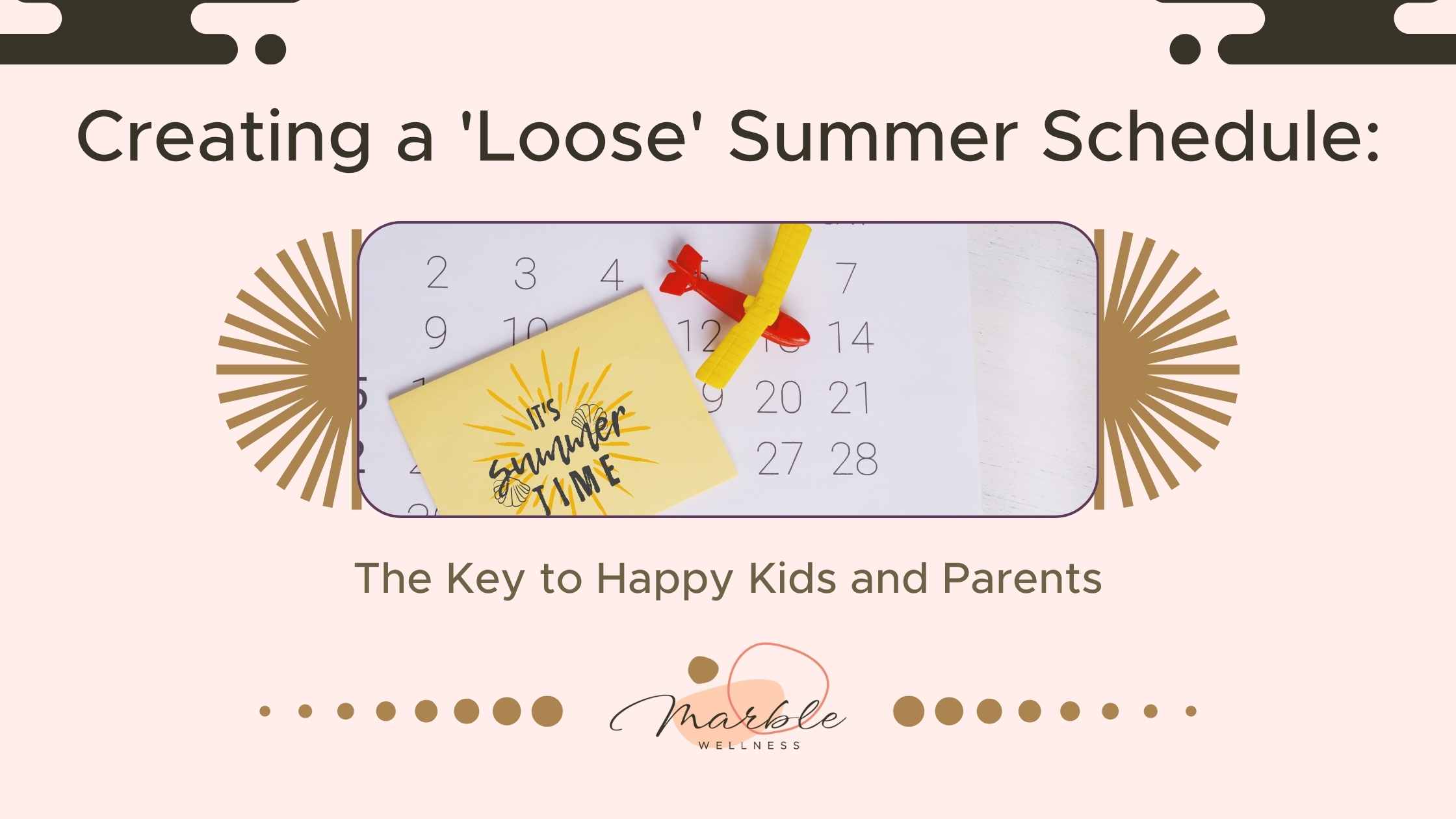Summer jobs and internships are more than just a rite of passage—they’re a training ground for adulthood. Whether your teen is flipping burgers, interning at a local nonprofit, or launching a side hustle, these experiences teach resilience, financial literacy, and problem-solving skills that classrooms can’t replicate. But navigating the job market as a teenager can feel overwhelming, especially in competitive fields.
As a parent, your role isn’t just to cheer from the sidelines; it’s to equip your teen with tools to find opportunities, ace interviews, and handle workplace challenges with confidence. Here’s how to guide them every step of the way.
Why Summer Work Experience Matters
Before diving into logistics, it’s important to understand why these opportunities matter. Summer jobs and internships help teens:
- Build self-confidence by mastering new tasks and receiving tangible feedback.
- Develop financial literacy through budgeting paychecks and understanding taxes.
- Explore career paths hands-on, whether they’re considering healthcare, tech, or the arts.
- Strengthen soft skills like communication, teamwork, and time management.
For parents, this is a chance to nurture independence while offering a safety net. Think of yourself as a coach—providing playbooks, pep talks, and praise—while letting your teen take the lead.
Finding the Right Opportunity: Strategies for Success
Researching Job and Internship Options
Teens often limit themselves to obvious roles (retail, babysitting) without realizing the breadth of opportunities. Encourage them to:
- Leverage online tools: Search “teen-friendly jobs near me” on platforms like Indeed or Snagajob, filtering by age requirements.
- Think outside the box:
- Virtual internships: Remote roles in social media management or graphic design.
- Skill-based gigs: Tutoring, pet sitting, or freelance photography.
- Tap into networks: Ask teachers, neighbors, or family friends about openings. Many jobs aren’t advertised publicly.
Therapist Tip: Create a “job ideas” list with your teen, categorizing options by interest (e.g., “creative,” “outdoor,” “tech”).
Crafting a Standout Résumé and Cover Letter
Most teens have limited work experience—and that’s okay. Help them reframe extracurriculars, volunteer work, and even hobbies as assets:
- Résumé Essentials:
- Use action verbs: “Organized a school fundraiser” instead of “Helped with an event.”
- Highlight transferable skills: Babysitting? That’s conflict resolution and time management.
- Cover Letter Hacks:
- Personalize each letter: “I admire your company’s commitment to sustainability, which aligns with my volunteer work at a community garden.”
- Keep it concise: Three paragraphs max, focusing on enthusiasm and relevant skills.
Therapist Tip: Use Google Docs’ résumé templates for clean, professional formatting.
Preparing for Interviews
Interviews can intimidate even seasoned professionals. Role-play these scenarios to build confidence:
- Common Questions:
- “Tell me about yourself.” → Focus on school, hobbies, and why they want the job.
- “Describe a challenge you overcame.” → Use a group project or sports example.
- Body Language: Practice firm handshakes, eye contact, and posture.
- Follow-Up: Send a thank-you email within 24 hours, reiterating interest.
Therapist Tip: Record mock interviews on a phone to review tone and clarity.
Navigating Workplace Challenges: Building Resilience
Time Management and Responsibilities
Juggling shifts, social plans, and chores is a crash course in adulting. Teach your teen to:
- Use digital tools: Google Calendar for shift reminders, Toggl to track hours.
- Prioritize tasks: Rank daily goals as “urgent,” “important,” or “later.”
- Communicate proactively: If they’re overwhelmed, encourage them to ask for schedule adjustments before missing shifts.
Therapist Tip: Help them create a “work-life balance” chart, blocking time for rest, hobbies, and friends.
Building Professional Relationships
Workplaces are microcosms of social dynamics. Equip your teen to:
- Ask thoughtful questions: “What do you enjoy most about working here?” shows curiosity.
- Handle conflicts: Role-play phrases like, “Can we discuss how to divide tasks more fairly?”
- Seek mentors: Identify supportive coworkers who offer advice or skill-building opportunities.
Therapist Tip: Suggest they keep a “work journal” to reflect on interactions and lessons learned.
Managing Stress and Pressure
First jobs can feel high-stakes. Normalize stress while offering coping tools:
- Mindfulness: Apps like Calm or Headspace for pre-shift breathing exercises.
- Debriefing: Discuss tough days over ice cream—listen first, problem-solve second.
- Self-Advocacy: If a task feels unsafe or unethical, role-play how to say, “I need guidance on this.”
Therapist Tip: Create a “stress toolkit” with fidget toys, herbal tea, or a playlist of calming music.
Balancing Work and Leisure: Avoiding Burnout
Encouraging Downtime
Teens often overcommit, fearing they’ll miss out. Emphasize that rest isn’t lazy—it’s necessary.
- Unplugged Hours: No screens 30 minutes before bed to improve sleep quality.
- Hobbies: Encourage non-work passions, from painting to coding, to prevent identity fusion with the job.
Therapist Tip: Set a “work cutoff time” (e.g., no shifts after 8 p.m.) to protect family time.
Planning Social Activities
Isolation can creep in during busy summers. Help them:
- Schedule friend dates: Even a 30-minute walk maintains connections.
- Combine work and play: If they’re a camp counselor, suggest hosting a bonfire for coworkers.
Therapist Tip: Use a shared family calendar to plan outings, ensuring work doesn’t dominate weekends.
Maintaining Work-Life Balance
Model healthy boundaries by:
- Respecting their time: Avoid scheduling chores during their limited free hours.
- Celebrating small wins: Finished a tough week? Surprise them with their favorite snack.
Therapist Tip: Institute “no work talk” meals to foster connection beyond job stress.
Supporting Professional Growth: Long-Term Strategies
Financial Literacy
That first paycheck is a teachable moment. Walk them through:
- Budgeting: Allocate 50% to savings, 30% to spending, 20% to goals (e.g., a car).
- Taxes: Explain withholdings using their pay stub.
- Charity: Encourage donating 5% to a cause they care about.
Therapist Tip: Open a joint bank account to monitor spending and teach account management.
Skill Development
Help them identify growth opportunities at work:
- Cross-training: “Can I shadow the marketing team to learn about social media?”
- Online courses: Platforms like Coursera offer free classes in coding, design, and more.
Therapist Tip: Set a “summer skill goal” (e.g., mastering Excel) with a reward for completion.
Reflecting on the Experience
At summer’s end, guide them to:
- Update their résumé: Add new skills, responsibilities, and achievements.
- Request feedback: Ask supervisors, “What’s one area I could improve?”
- Write thank-you notes: Gratitude leaves a lasting impression.
Therapist Tip: Host a “reflection dinner” to discuss lessons learned and future goals.
Empowering Teens for Lifelong Success
Summer jobs are more than a line on a résumé—they’re a laboratory for life. By teaching teens to navigate applications, workplace dynamics, and self-care, you’re preparing them for college, careers, and adulthood.
Remember:
- Progress over perfection: Mistakes are inevitable—and educational.
- Your role evolves: Shift from manager to consultant as they gain confidence.
- Celebrate growth: A teen who learns to advocate for themselves or budget wisely has gained skills no classroom can provide.
Whether your child is scooping ice cream or coding websites, each challenge builds resilience. With your support, they’ll enter adulthood not just with a paycheck, but with the grit and grace to thrive.
Summer Job Support Checklist for Parents
- Job Search: Brainstorm roles, refine résumés, and practice interviews.
- Workplace Prep: Role-play scenarios, create stress toolkits, and set boundaries.
- Balance: Schedule downtime, plan social activities, and model self-care.
- Growth: Teach budgeting, encourage skill-building, and reflect on lessons learned.
This guide isn’t about handholding—it’s about equipping teens with tools to navigate the working world confidently. And when challenges arise? You’ll be there, ready with advice, encouragement, and maybe a little ice cream therapy.
Start Therapy for Teens and Families in the St. Louis Area
If you live in the St. Louis metro area and are ready to improve your family’s mental health, our expert St. Louis therapists are here to help. Not only do we have a team of therapists in Ballwin, MO, but we have also recently expanded to serve the Lake St. Louis and Wentzville area! Reach out to our Client Care Coordinator today to discuss your therapy options, both in-person and via online therapy in Missouri.
Contact Us!
Learn About Our Group Offerings

Additional Counseling Services at Marble Wellness in St. Louis, MO
Marble Wellness Counseling services are designed to help set you on a path of living a more fulfilled, calm, and happy life. Our St. Louis area therapists have a variety of training backgrounds and areas of expertise. We specialize in anxiety, depression, grief, chronic illness, therapy for men, couples, and maternal overwhelm. Our practice also helps new moms with various postpartum concerns, moms in the thick of parenting, and moms with teens. We can also chat from wherever you are in the state with online therapy in Missouri. No matter where you are in your journey, we are here to help you thrive!









